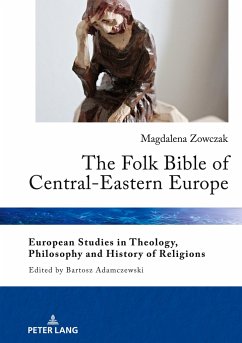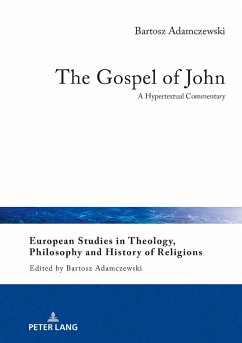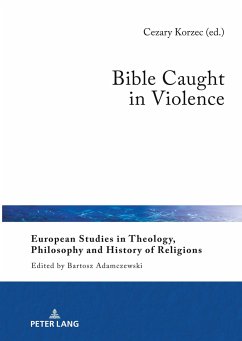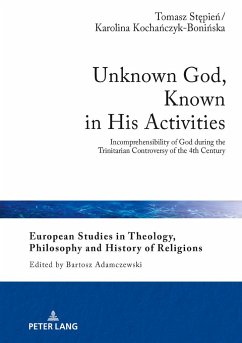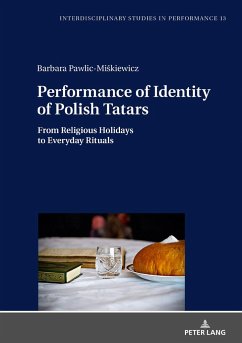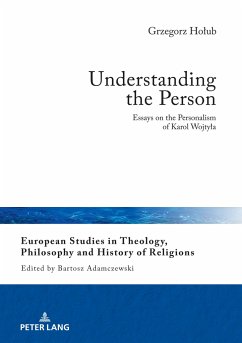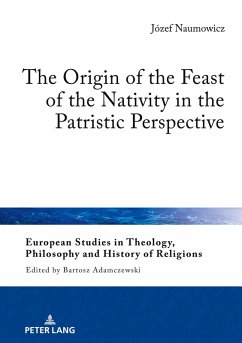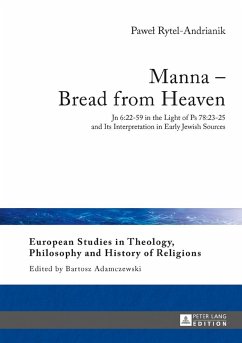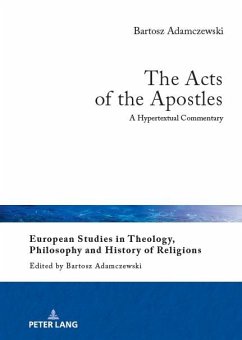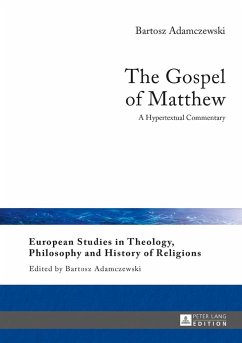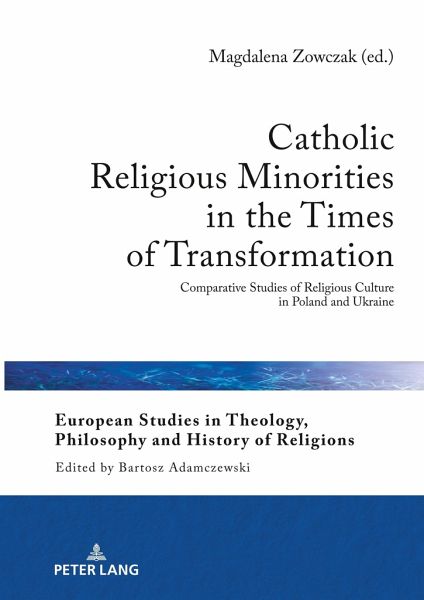
Catholic Religious Minorities in the Times of Transformation
Comparative Studies of Religious Culture in Poland and Ukraine
Herausgegeben: Adamczewski, Bartosz; Zowczak, Magdalena;Übersetzung: Fomina, Joanna
Versandkostenfrei!
Versandfertig in 6-10 Tagen
72,65 €
inkl. MwSt.

PAYBACK Punkte
0 °P sammeln!
In the diasporic communities of Roman Catholics in Ukraine (Murafa) and Greek Catholics in Poland (Bialy Bór) religion and the local clergy play a dominant role in the process of constructing new identities. Because of the memory of their ancestors' deportation trauma the Greek Catholics define their Ukrainianness in opposition to their environment. In Roman Catholics' case, the change of the liturgy's language is followed by the Polish tradition's rejection: they feel Ukrainian. The break of the tradition's transmission path divides the community and directs them towards (pop)cultural homoge...
In the diasporic communities of Roman Catholics in Ukraine (Murafa) and Greek Catholics in Poland (Bialy Bór) religion and the local clergy play a dominant role in the process of constructing new identities. Because of the memory of their ancestors' deportation trauma the Greek Catholics define their Ukrainianness in opposition to their environment. In Roman Catholics' case, the change of the liturgy's language is followed by the Polish tradition's rejection: they feel Ukrainian. The break of the tradition's transmission path divides the community and directs them towards (pop)cultural homogenization with the Orthodox. The Greek Catholics are also divided because of their new church; universal in the Christian sense, it proves the overcoming of divisions, not accepted by everyone.





